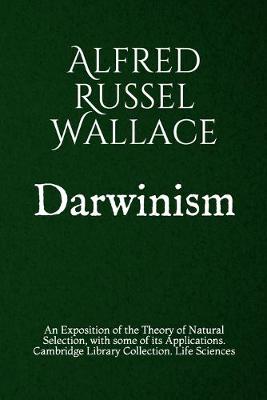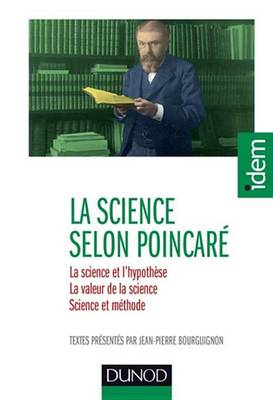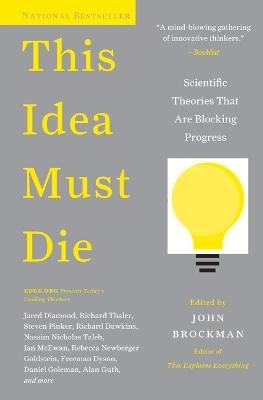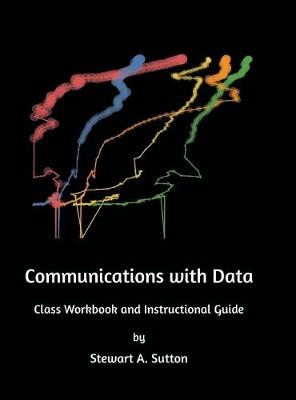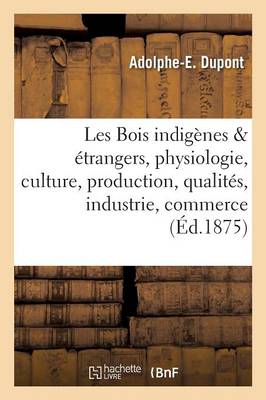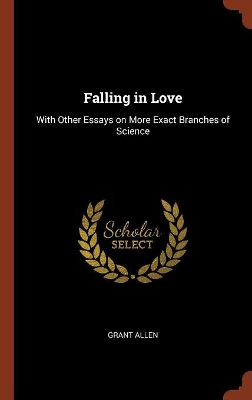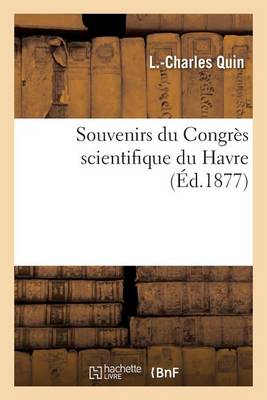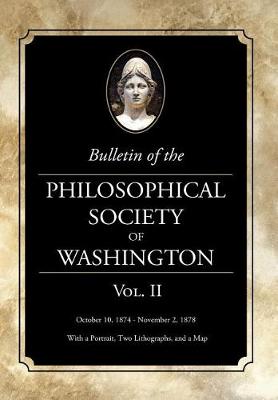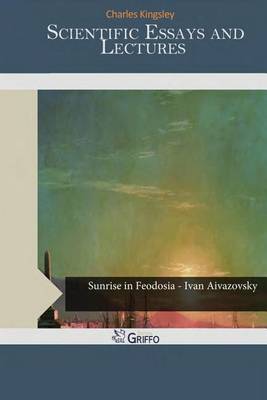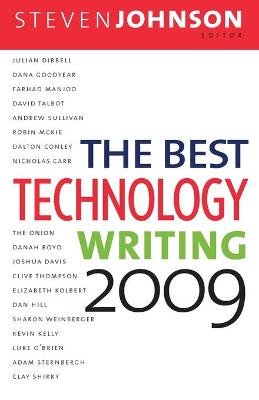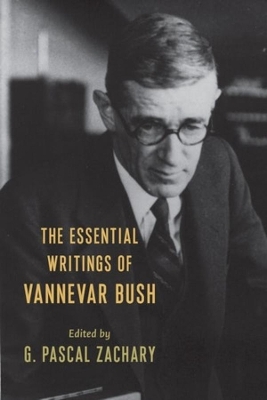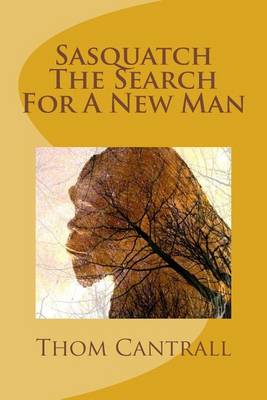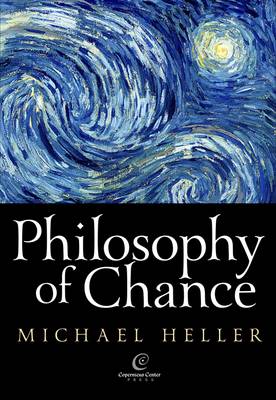Darwinism (Cambridge Library Collection - Darwin, Evolution and Genetics)
by Alfred Russel Wallace
Alfred Russel Wallace (1823-1913) is regarded as the co-discoverer with Darwin of the theory of evolution. It was an essay which Wallace sent in 1858 to Darwin (whom he greatly admired and to whom he dedicated his most famous book, The Malay Archipelago) which impelled Darwin to publish an article on his own long-pondered theory simultaneously with that of Wallace. As a travelling naturalist and collector in the Far East and South America, Wallace already inclined towards the Lamarckian theory o...
The Business Career in its Public Relations Large Print
by Albert Shaw
Sur Quelques Gisements de l'Oxfordien Inférieur de l'Ardèche (Sciences)
by Dumortier-E
Bulletin Des Services de la Carte Géologique de la France Et Des Topographies Souterraines
by Collectif
The bestselling editor of This Explains Everything brings together 175 of the world's most brilliant minds to tackle Edge.org's 2014 question: What scientific idea has become a relic blocking human progress? Each year, John Brockman, publisher of Edge.org-"The world's smartest website" (The Guardian)-challenges some of the world's greatest scientists, artists, and philosophers to answer a provocative question crucial to our time. In 2014 he asked 175 brilliant minds to ponder: What scientific i...
Devotions Upon Emergent Occasions. Edited by John Sparrow, with a Bibliographical Note by Geoffrey Keynes
by John Donne
Les Bois Indigènes Et Étrangers, Physiologie, Culture, Production, Qualités, Industrie, Commerce (Sciences)
by DuPont-A-E
Essai Sur Les Comètes, Où l'On Tâche d'Expliquer Les Phénomènes Qu'offrent Leurs Queues
by Oliver-A
This highly educational book comprises a series of essays by the intellectual and scientist Grant Allen, author and novelist, and a successful upholder of many scientific theories. As a scientist Allen was an evolutionist, and as a novelist one of his most persistent themes was the effect of heredity. Even his lighter and more popular works evidence not only his scientific outlook but also his persistent questioning of established convention and of institutions and officials that uphold it. A wa...
Bulletin of the Philosophical Society of Washington
by Philosophical Society of Washington
Scientific American Presents Nobel Prize Winners on Genetics and Evolution (Scientific American Presents)
by American Scientific and Scientific American
"The ubiquity of the digital lifestyle has forced us to write and think about technology in a different way."-Steven Johnson In his Introduction to this beautifully curated collection of essays, Steven Johnson heralds the arrival of a new generation of technology writing. Whether it is Nicholas Carr worrying that Google is making us stupid, Dana Goodyear chronicling the rise of the cellphone novel, Andrew Sullivan explaining the rewards of blogging, Dalton Conley lamenting the sprawling...
The influence of Vannevar Bush on the history and institutions of twentieth-century American science and technology is staggeringly vast. As a leading figure in the creation of the National Science Foundation, the organizer of the Manhattan Project, and an adviser to Presidents Roosevelt and Truman during and after World War II, he played an indispensable role in the mobilization of scientific innovation for a changing world. A polymath, Bush was a cofounder of Raytheon, a pioneer of computing t...
Discover the real science behind 2001, ET, Signs, and all your favorite fictional alien civilizations. As space telescopes continue to search for life in this unearthly Universe, the crucial questions remain unanswered. Are we awake to the revolutionary effects on human society and science that alien contact will bring? And how is it possible to imagine the unknown? The Science of Aliens tells the compelling story of how the portrayal of alien life has evolved over time. Taking examples from s...
